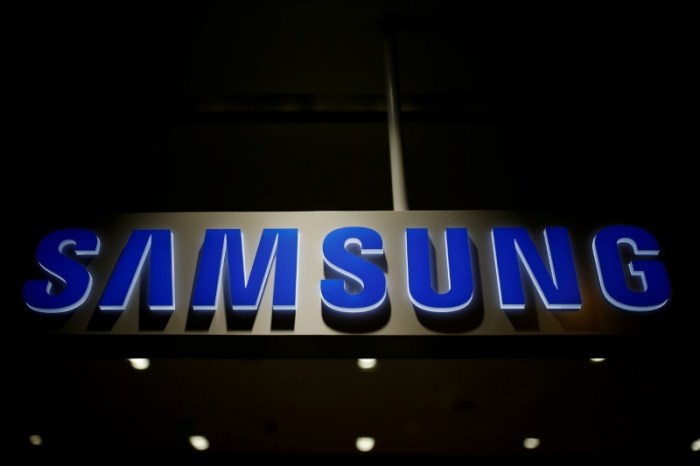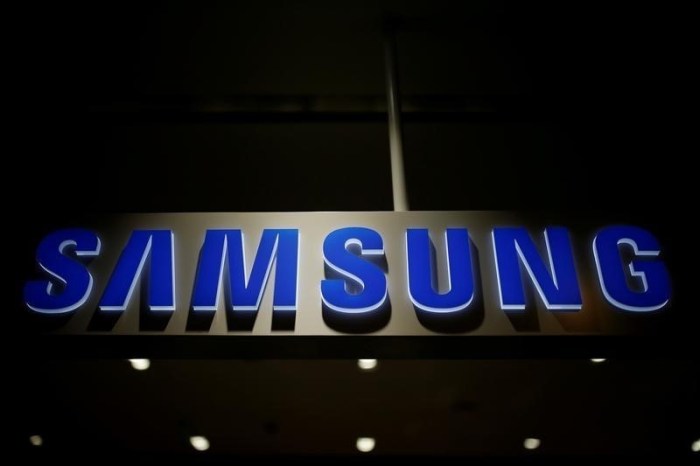By Nate Raymond
(Reuters) – The FBI did not need a search warrant to hack a suspect’s computer during an investigation of a large child pornography website, a U.S. judge has ruled, in a decision one group of private advocates called “dangerously flawed.” In a decision unsealed on Thursday, U.S. District Judge Henry Morgan in Newport News, Virginia, rejected a bid to suppress evidence against Edward Matish, one of at least 137 defendants charged in the probe of the website Playpen. Morgan upheld the legality of a warrant investigators obtained that allowed them to use what Matish called malware to identify him as a user of Playpen, which operated on the Tor network, which is designed to protect user privacy. But Morgan said the warrant was not needed in the first place to deploy the malware, which the government calls a “network investigative technique,” as Matish had no reasonable expectation of privacy in his IP address. Morgan noted the widespread nature of hacking today, and compared the hacking of Matish’s computer to a police officer looking through someone’s broken window blinds, which the Supreme Court has said does not violate the U.S. Constitution. As a result, he said, a computer normally afforded protection in other circumstances against unreasonable searches “is not protected from Government actors who take advantage of an easily broken system to peer into a user’s computer.” The ruling drew sharp criticism from Mark Rumold, a senior staff attorney Electronic Frontier Foundation, who in a blog post called the decision “dangerously flawed.”
“To say the least, the decision is bad news for privacy,” he wrote.
Matish’s lawyer and a Justice Department spokesman declined comment.
The ruling stemmed from the Federal Bureau of Investigation’s seizure in February 2015 of the server of the 214,898-member child porn website Playpen.[nL2N17O039]
The FBI subsequently obtained a warrant that allowed it to deploy the “network investigative technique,” which caused a user’s computer to send back data any time that user logged onto the website while the FBI operated it for two weeks. Thousands of people domestically and abroad have come under investigation in the probe. At least 137 people in the United States have been charged.
Critics of the investigation have questioned the ethics of the FBI’s decision to effectively become a child pornography distributor itself to catch offenders.
The probe has recently also ran into legal trouble, as some defendants secured rulings suppressing evidence against them.
(Reporting by Nate Raymond in New York; Editing by Alan Crosby)















